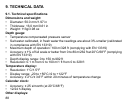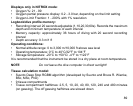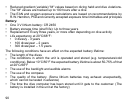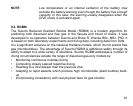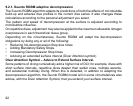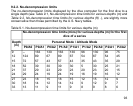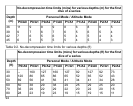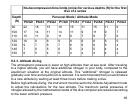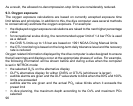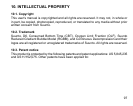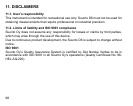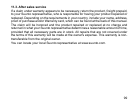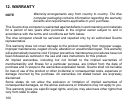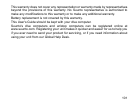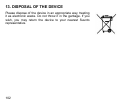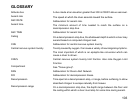As a result, the allowed no-decompression-stop limits are considerably reduced.
9.3. Oxygen exposure
The oxygen exposure calculations are based on currently accepted exposure time
limit tables and principles. In addition to this, the dive computer uses several methods
to conservatively estimate the oxygen exposure. For example:
•
the displayed oxygen exposure calculations are raised to the next higher percentage
value
•
for recreational scuba diving, the recommended upper limit of 1.4 bar PO
2
is used
as a default
•
the CNS % limits up to 1.6 bar are based on 1991 NOAA Diving Manual limits
•
the OTU monitoring is based on the long-term daily tolerance level and the recovery
rate is reduced
Oxygen related information displayed by the dive computer is also designed to ensure
that all warnings and displays occur at the appropriate phases of a dive. For example,
the following information will be shown before and during a dive when the computer
is set in NITROX mode:
•
the selected O
2
% on the alternative display
•
OLF% alternative display for either CNS% or OTU% (whichever is larger)
•
audible alarms are given and the OLF value starts to blink when the 80% and 100%
limits are exceeded
•
audible alarms are given and the actual PO
2
value blinks when it exceeds the
preset limit
•
in dive planning, the maximum depth according to the O
2
% and maximum PO
2
selected
96



